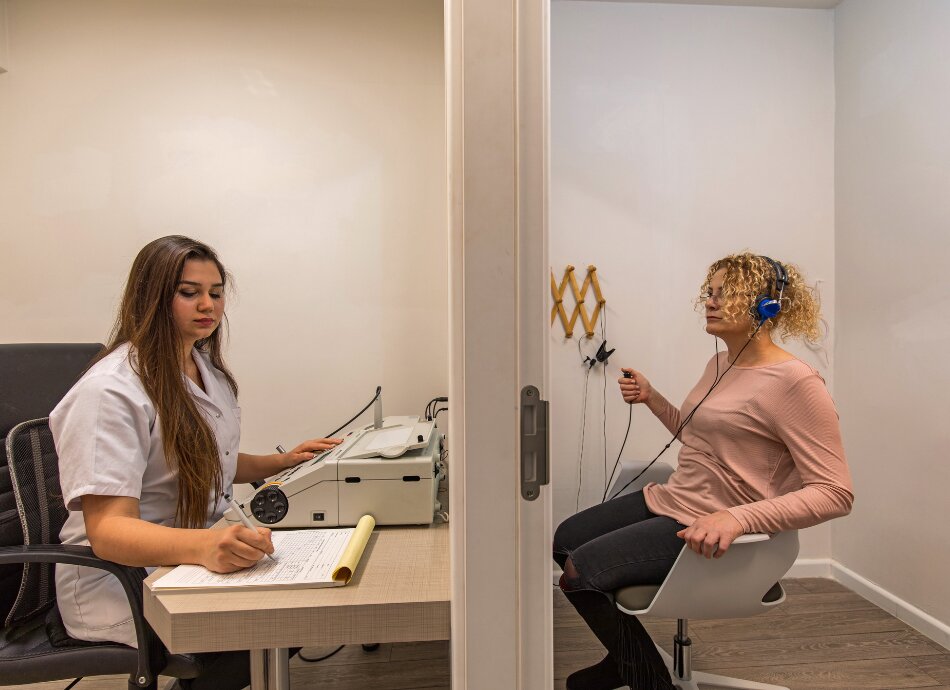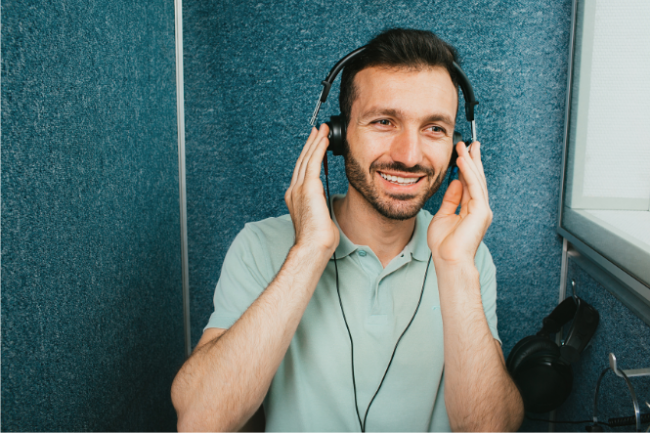There may be a number of experiences you are having that suggest it would be a good idea to have your hearing checked.
For example if you:
- Often need to ask people to repeat what they are saying.
- Have trouble understanding a conversation or mishears people in a group or when there’s background noise.
- Think people are mumbling, or not speaking clearly.
- Need to turn up the volume on the TV to be able to hear it comfortably.
- Tend to avoid some social situations because of too much background noise making it hard to hear conversations.
- Feel tired after trying to listen or have a conversation for a while.
- Find you need to move closer to a speaker in order to hear what they are saying.
- Need to see people’s faces to understand what they’re saying.
- Find it difficult to know where sounds are coming from.
If some of these situations apply to you, talk to your doctor or arrange for a hearing test to be done. You can find an audiologist near you on this directory.(external link)







